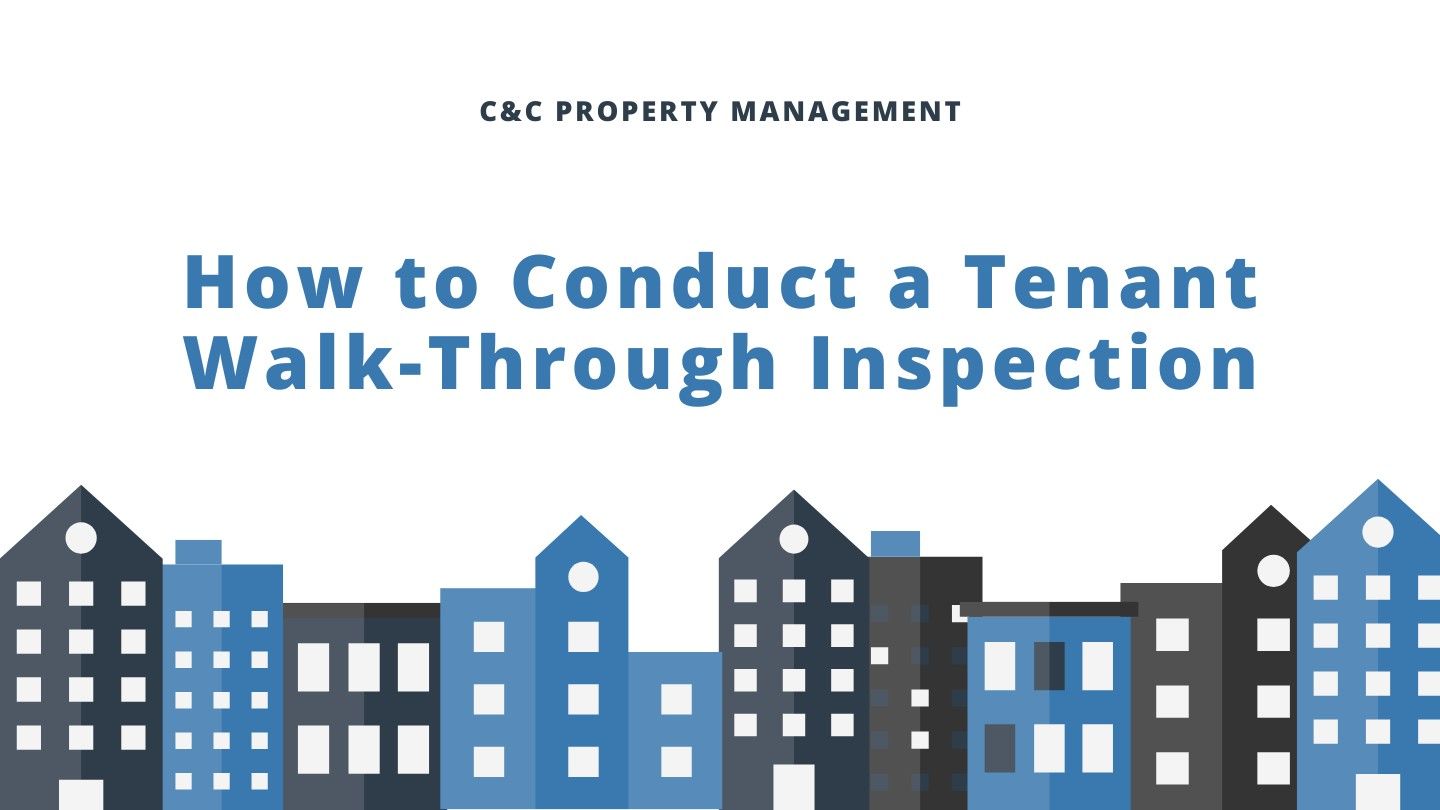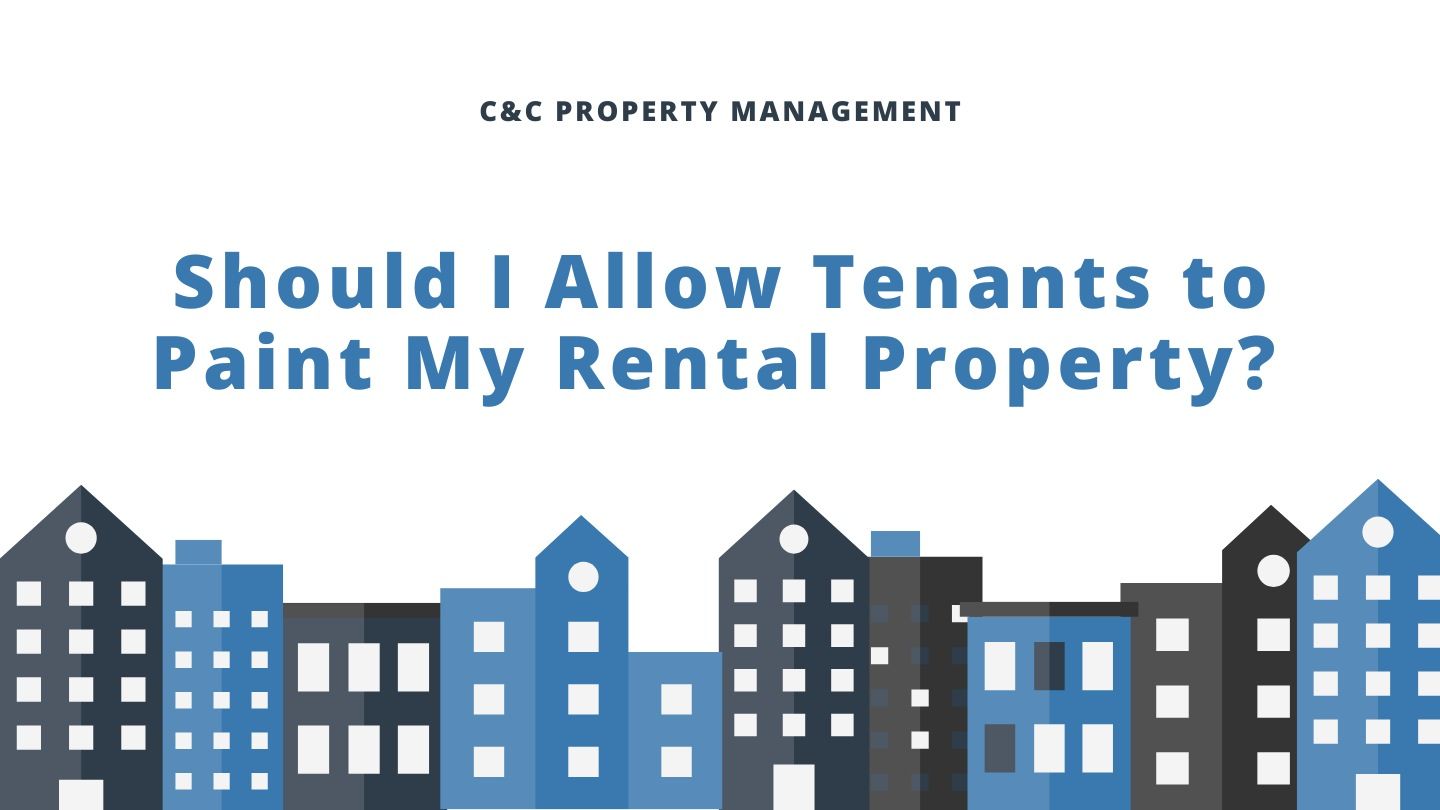New CPI for Rent under AB1482?
Where are the new CPI figures for rent increases under AB 1482?
Typically around this time of year, landlords with properties subject to the Tenant Protection Act of 2019 who don't use a property management company may find themselves confused trying to navigate the legislature of rental properties.
The Tenant Protection Act, passed as AB 1482, requires use of the CPI figure from April to determine the maximum allowable rent increase under this law.
And every April, property management companies work with their owner to figure out: Where is that new number?
Well, it turns out the CPI figures are often not available until late May. Not long after its enactment, the Tenant Protection Act was amended to account for this delay.
Confused about what AB1482 is still?
AB 1482, the Tenant Protection Act of 2019, prohibits a landlord of a property subject to the law from increasing the rent, in any 12-month period, by more than 5% plus the regional percentage change in the cost of living (CPI), or 10 percent, whichever is lower, of the lowest “gross rental rate” charged for the unit during the 12 months before the effective date of the increase.
For more information and resources please visit: www.caanet.org/ab1482/








